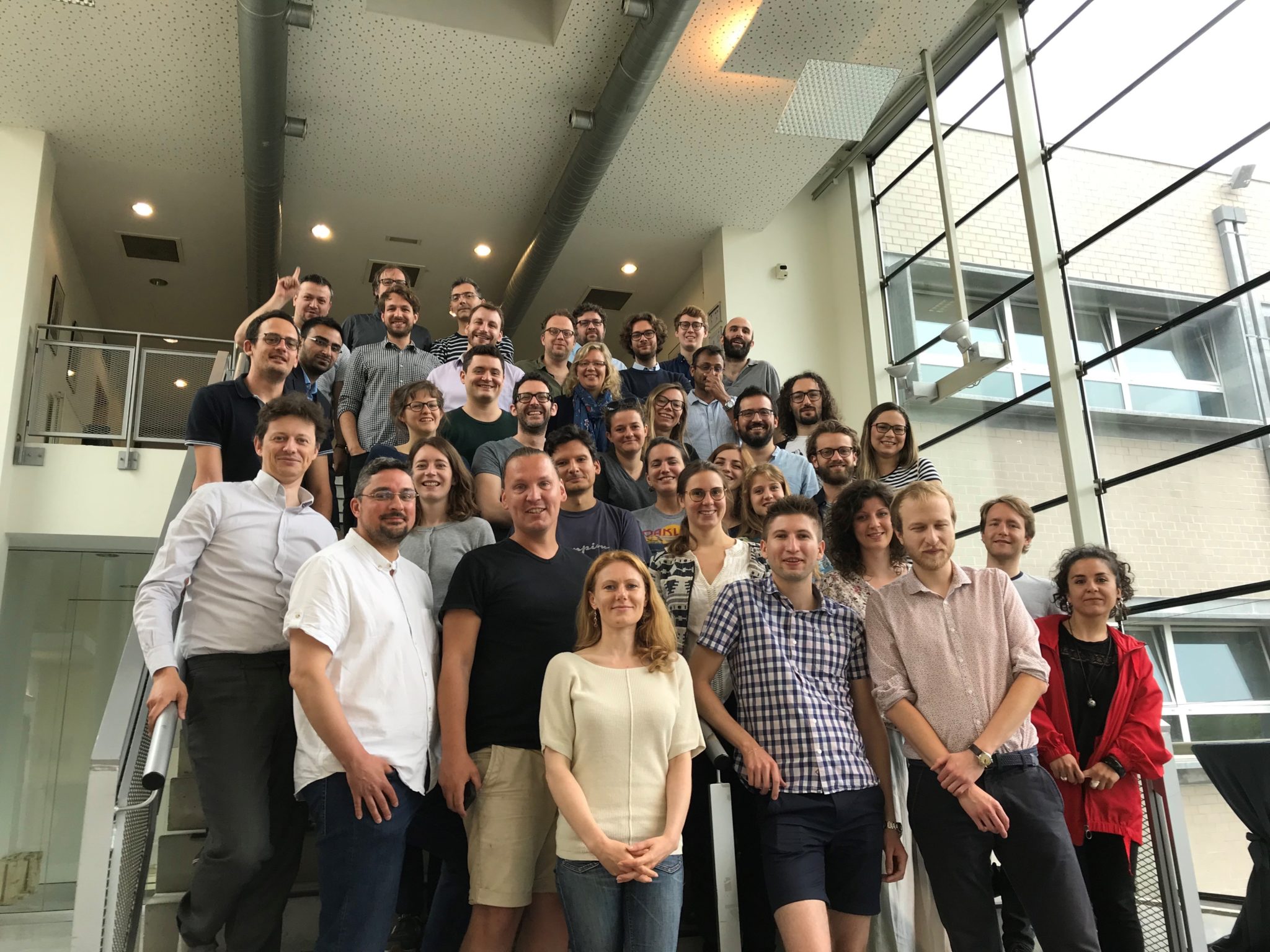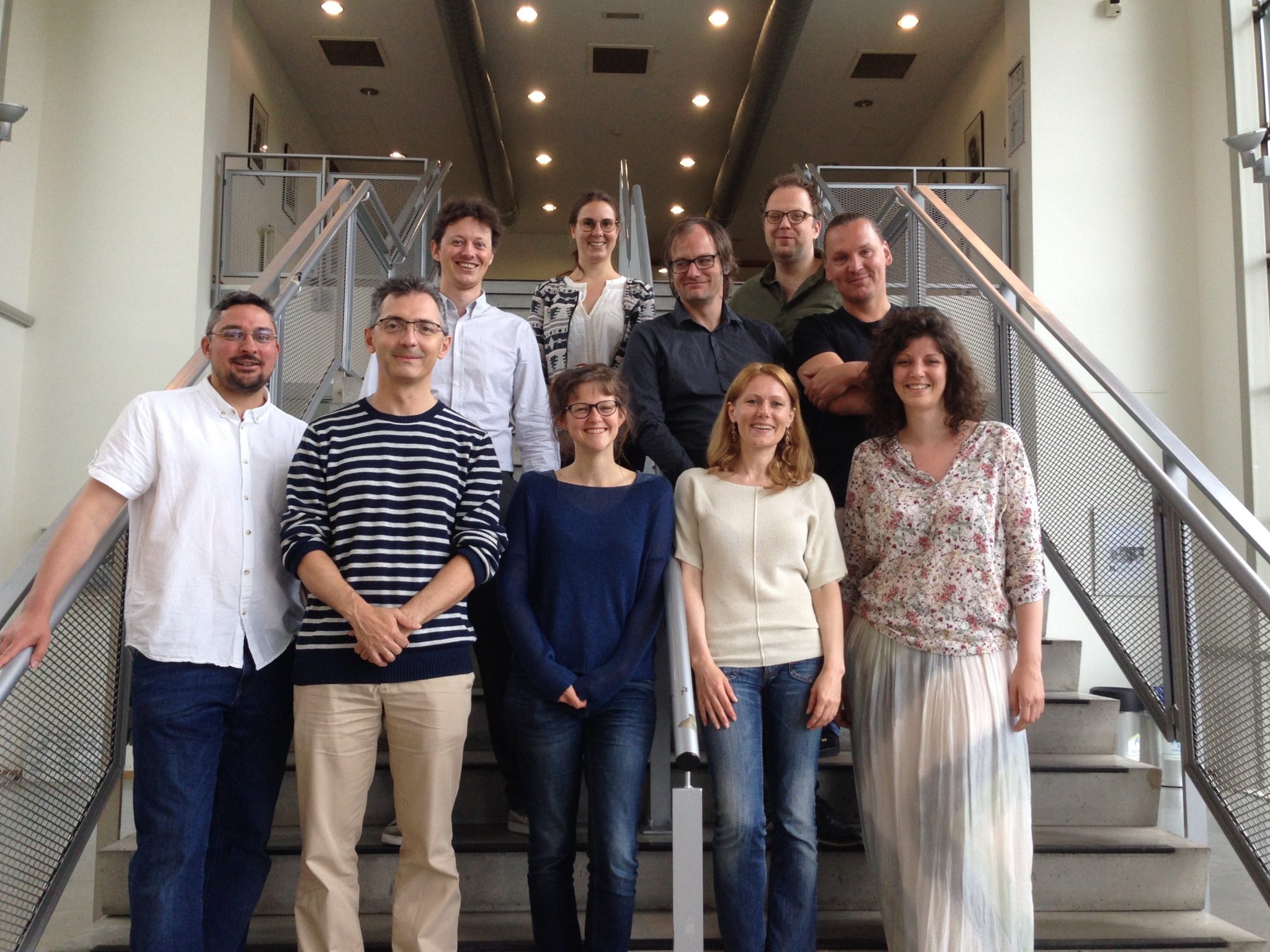Report on the 5th Global Seminar & 1st Spring School of the RSA research network The Global Network on Financial Geography (FinGeo)

By David Bassens (Geography Department of Vrije Universiteit Brussel, Belgium)
The overall aim of this network is an open and interdisciplinary network of academics, practitioners and experts interested in research on the spatiality of money and finance and its implications for the economy, society, and nature.
The seminar was attended by approximately 70 people with delegates from Belgium, the Netherlands, Germany, France, UK, Ireland, Turkey, Canada, US, Brazil, Nepal, Czech Republic, Pakistan, Greece, Italy, Spain, Poland, Slovakia, Portugal, Georgia, and UAE. The Spring School was attended by 35 Early Career delegates from Spain, Ireland, UK, Italy, US, Georgia, Poland, Slovakia, Czech Republic, Greece, Germany, The Netherlands, Nepal, Pakistan, Ireland, and Belgium.
Below you will find an overview of all non-keynote speakers. For reasons of time/space it is impossible to give an exhaustive account of how each paper was linked individually to the RSA themes. An overview is provided per session.

Day 1, paper session 1: links to regional economic development and regional impacts
- Adam Dixon: “Retroliberal Development and Strategic Investment Funds: The Case of Ireland”
- Reijer Hendrikse & Andrea Lagna: “The financialisation of the state”
- Enora Robin: “Seeing like a developer: Urban expertise and the financialisation of local government”
- Martin Sokol: “New Spaces of Financialisation: Financial Chains in East-Central Europe”
Day 1, paper session 2: links to regional economic development, regional impacts
- Fabio Contel: “São Paulo as an international financial centre in the context of the Latin American financial system
- George Labrinidis & Duncan Lindo: “Greek banks in the Eurozone”
- Michael Schwan: “Leading by Example: The Financialisation of German Savings Banks”
- Daniele Tori & Ozlem Onaran: “Financialisation, Financial Development, and Investment: Evidence from European non-financial corporations”
Day 2, paper session 1: links to territorial politics, governance, regionalism and federalism; data, methods, and spatial econometrics
- Benjamin Braun: “Central banking and the infrastructural power of finance: The case of ECB support for repo and securitisation markets”
- Rodrigo Fernandez: “The harmful impact of European monetary policy on developing countries”
- Caroline Granier: “The role of EU in creating a globalized space: the case of the UCITS”
- Natascha van der Zwan: “The Financial Politics of Organized Labor: A Multi-Level Perspective”
Day 2, paper session 2: links to regional identities; data, methods and econometrics
- Ana Gurau: “Toward an Ethic of Health System Financialisation”
- Hasan Mahmud: “Social Belonging and Migrants’ Remittances”
- Matilda Massó & Mark Davis: “Models of financialisation and consequences on employment and salary: the case of productive firms of the UK and Spain”
- Christoph Scheuplein: “Financialisation in the automotive supply industry: private equity and the spaces of insecurity”
The theme of the Global Seminar is ‘European Spaces of Financialisation’. Organized on May 28 and May 29 in Brussels, the main intellectual drive for the seminar is to debate Europe’s multiscalar spaces of financialisation, their production, workings, effects, and importantly, their alternatives. We want to understand the socio-spatial drivers of financialisation that produce inequality, growing household indebtedness, and the privatisation of public services and support structures in the face of austerity politics. Participants are invited to engage with the following financial geography themes: geographies of European integration, its offshore spaces and the wider state-finance nexus; the financialisation of (non-) banking, finance and corporate enterprise; of boom-bust cycles; of politico-financial elites; of real estate, housing and households; geographies of sovereignty, austerity, resistance, debt, and so forth. Therefore we are both interested in the effects of financialisation on states and markets as well as focusing on who and what drive further financialisation of these spheres.

The program is structured around four dedicated keynote lectures of about 45 min + 15 min Q/A, each followed by a topical session with four papers. This allows us to accommodate up to sixteen presenting participants, although we want to encourage a larger community and the FINGEO spring school participants to be present. Moreover, the two keynotes from the First FINGEO dissertation prize will be accommodated on the Brussels seminar. The seminar will cover the following themes: 2